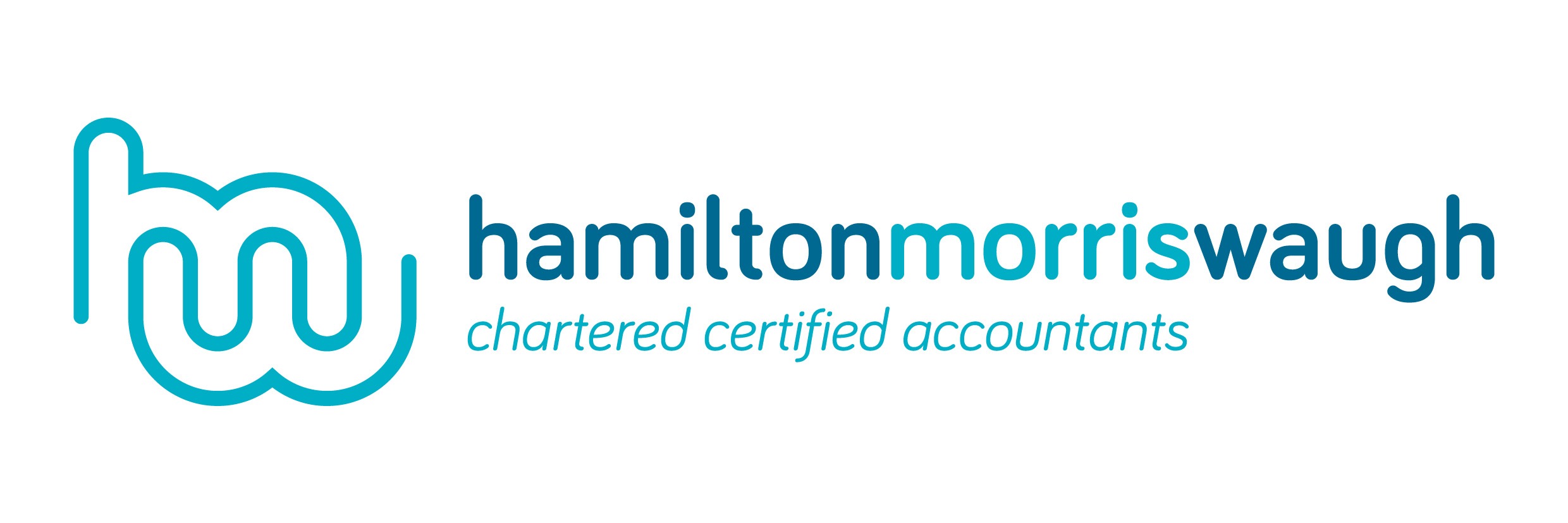Running a creative agency is a challenging task. Cashflow management and expense management are particularly difficult. Markets are difficult to break into, and it’s essential to maintain and grow employee skills.
How can creative agencies help themselves?
One way is to improve their accounting processes to ensure they are claiming all the tax deductions and credits available to them. If they do that, they can significantly reduce their tax bill, reinvesting the profits into the business. Let’s look at where creative agencies can focus their energies.
R&D tax credits
In HMRC’s words, R&D (research and development) tax credits are available to companies that “work on innovative projects in science and technology”, so it might be strange to read about the scheme in an article written for creative agencies.
However, creative agencies involved in innovation — whether developing new digital platforms, creative methodologies, or unique marketing strategies — can benefit from R&D tax credits. Furthermore, the idea is to “seek an advance”, so if your project disproves a potential, you may still be able to benefit.
R&D tax credits companies claim back some of the R&D-related costs, including staff salaries, subcontractor costs, and software development.
Two schemes are available: one for SMEs and another for larger companies. You can claim tax relief or tax credits depending on whether you make a profit or not.
Allowable expenses for creative agencies
Any business can deduct the value of purchases from its pre-tax profit, reducing its tax bill. These are called ‘allowable expenses’ and cover day-to-day expenses, including:
-
- Staff costs: Salaries, National Insurance contributions, and employee pensions are deductible. You can also claim payments made to freelancers.
- Office rent and utilities: If you rent office space, the rent and associated costs like electricity and water are deductible.
- Software and technology: The payments you make for design, editing, and project management software subscriptions are tax-deductible.
- Professional fees: Payments for services from accountants, solicitors, or business consultants are allowable.
- Office supplies: Stationery, printer ink, and equipment like computers or furniture are deductible.
- Training materials: The cost of learning and development for yourself and your employees is tax-deductible.
What about travel?
Business-related travel is allowable, excluding commutes. If you travel to meet a client and have to book a hotel to stay the night, the costs related to mileage and accommodation should be deductible.
What about client entertainment?
Contrary to popular belief, client entertainment is not an allowable expense outside of specific scenarios – when it is included in a contract, for example. However, entertaining clients is still a good way to win new clients, so don’t write it off just because the costs won’t be a tax write-off.
Employee benefits
Some employee benefits that companies can offer to their employees are tax-free, so consider offering some to retain talented staff:
-
- Pension contributions: Employer contributions to employee pensions are tax-deductible.
- Homeworking expenses: Employees can claim tax relief when they have to work from home to fulfil their jobs.
-
- Childcare vouchers: Childcare provision and vouchers are tax-free.
- Staff entertainment: No tax is due on annual staff functions as long as they are up to a maximum of £150 per head.
Corporation tax relief for creative companies
Creative agencies may also benefit from creative industry tax relief, which helps creative companies lower their corporation tax bills. These include reliefs for film, television, animation, and video game production businesses.
Each relief is different, so make sure to read about the one relevant to you. They all allow you to reduce a certain portion of your expenditure.
Claiming tax relief and credits relies on good record-keeping, so you can claim exactly what you’re entitled to. Contact us for help with your financial management and tax strategy.


